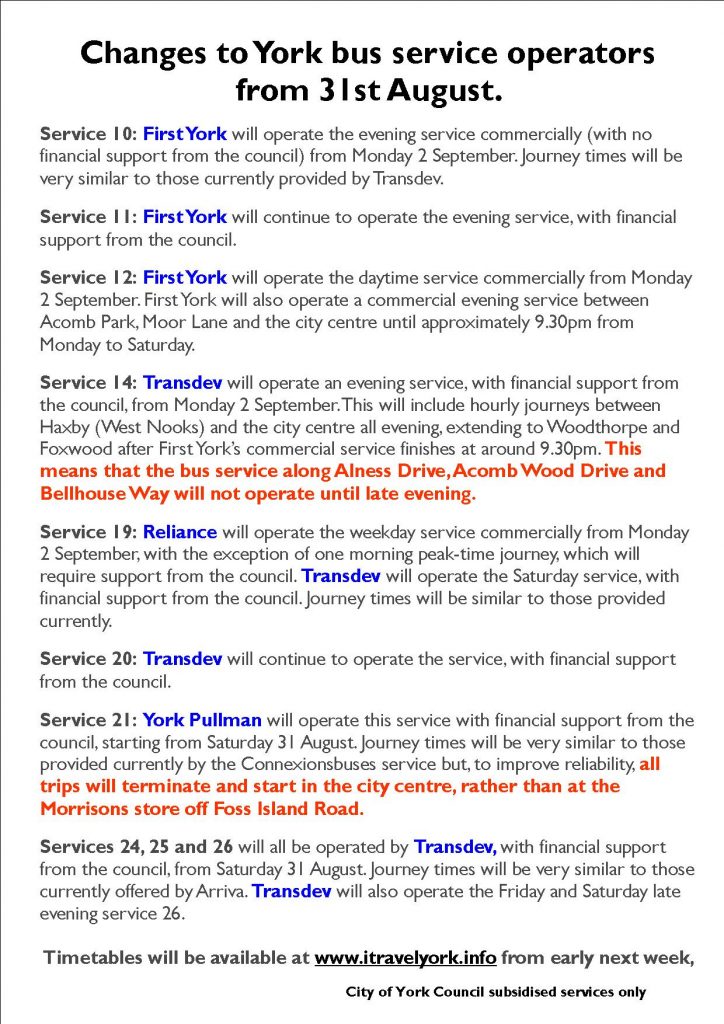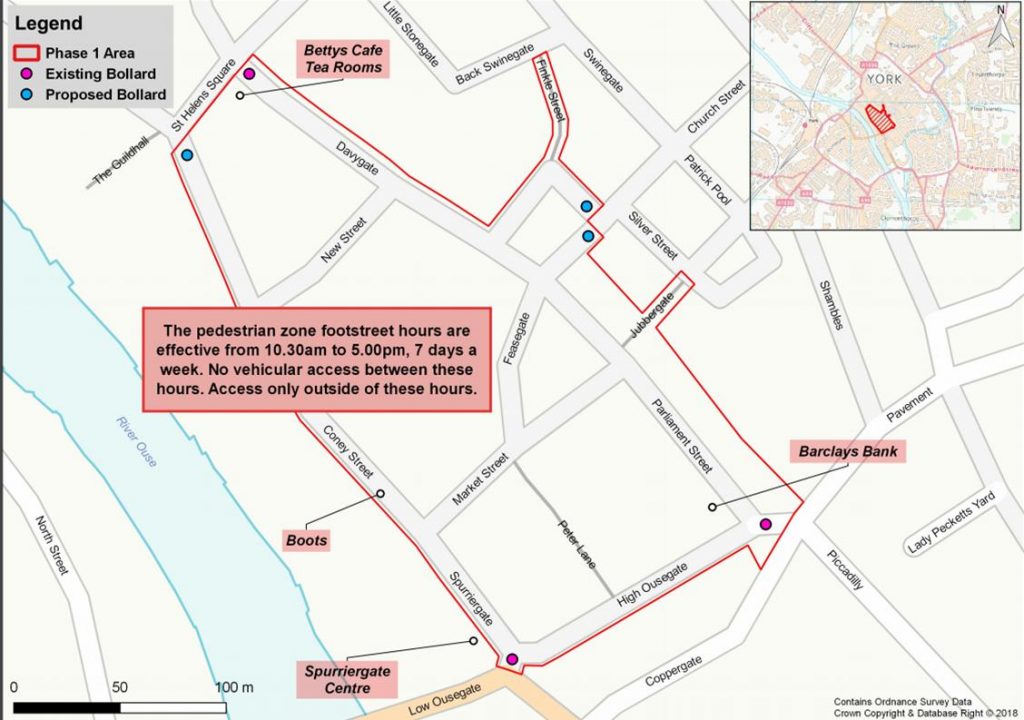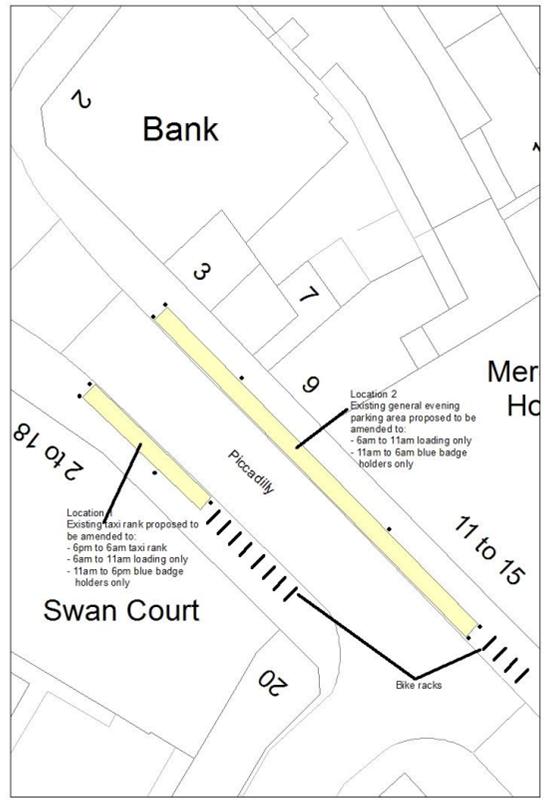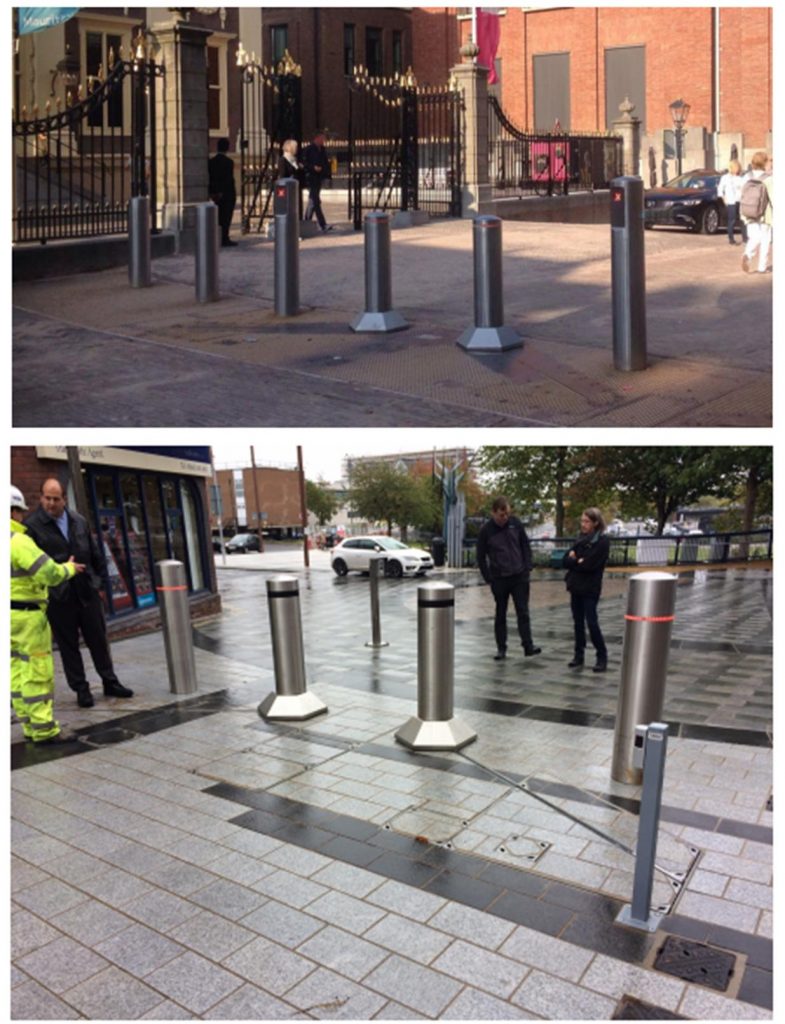Bellhouse Way will lose its early evening service
The York Council has finally caught up with social media and confirmed which bus operators will provide which subsidised services from next week.
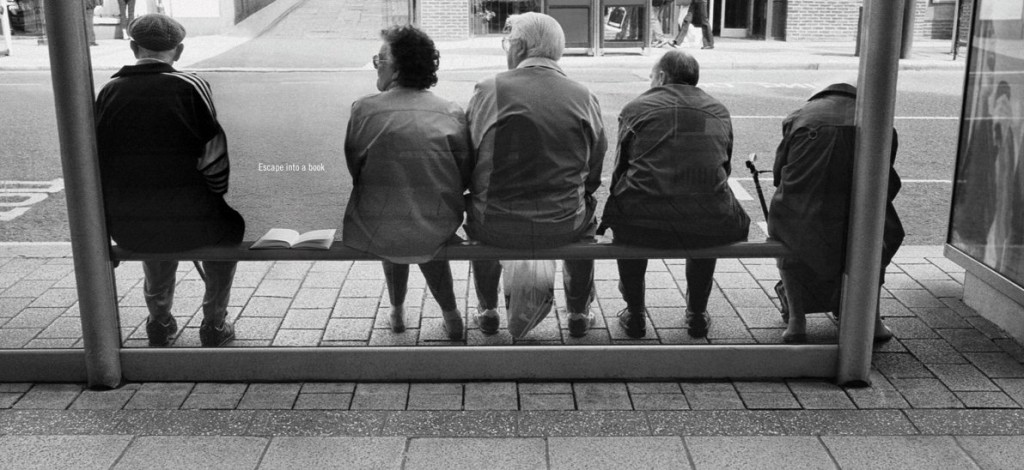
The Council says, “following a decision made by City of York Council’s Executive last month, arrangements have now been made for the continued operation of tendered bus services when the current contracts expire next Saturday 31 August”.
“Commercial interest from bus operators First York and Reliance means that some of the routes that previously required financial support from the council now need a reduced level of support or, in some cases, none at all”.
Timetables will be available at www.itravelyork.info from early next week, and the new service arrangements are as follows:
Service 10: First York will operate the evening service commercially (with no financial support from the council) from Monday 2 September. Journey times will be very similar to those currently provided by Transdev.
Service 11: First York will continue to operate the evening service, with financial support from the council.
Service 12: First York will operate the daytime service commercially from Monday 2 September. First York will also operate a commercial evening service between Acomb Park, Moor Lane and the city centre until approximately 9.30pm from Monday to Saturday.
Service 14: Transdev will operate an evening service, with financial support from the council, from Monday 2 September. This will include hourly journeys between Haxby (West Nooks) and the city centre all evening, extending to Woodthorpe and Foxwood after First York’s commercial service finishes at around 9.30pm. This means that the bus service along Alness Drive, Acomb Wood Drive and Bellhouse Way will not operate until late evening.
Service 19: Reliance will operate the weekday service commercially from Monday 2 September, with the exception of one morning peak-time journey, which will require support from the council. Transdev will operate the Saturday service, with financial support from the council. Journey times will be similar to those provided currently.
Service 20: Transdev will continue to operate the service, with financial support from the council.
Service 21: York Pullman will operate this service with financial support from the council, starting from Saturday 31 August. Journey times will be very similar to those provided currently by the Connexionsbuses service but, to improve reliability, all trips will terminate and start in the city centre, rather than at the Morrisons store off Foss Island Road.
Services 24, 25 and 26 will all be operated by Transdev, with financial support from the council, from Saturday 31 August. Journey times will be very similar to those currently offered by Arriva. Transdev will also operate the Friday and Saturday late evening service 26.
